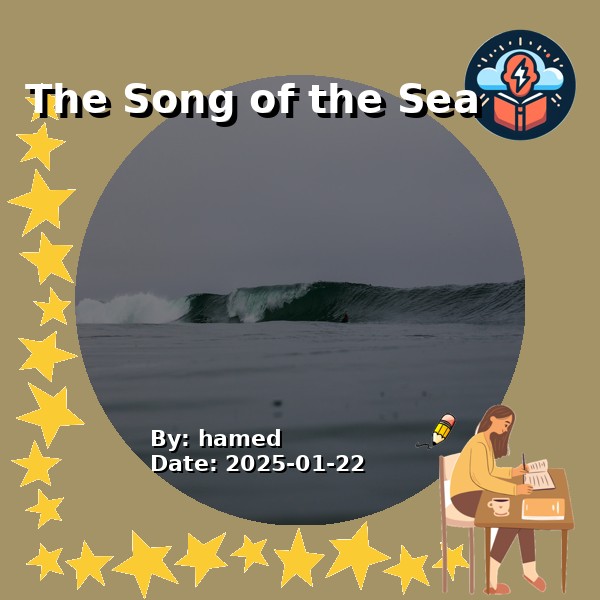Tama stood at the edge of the beach, the cool morning breeze tugging at his hoodie. The waves crashed against the shore, their rhythm steady and ancient, like the heartbeat of the land itself. This was his place—the stretch of sand and sea where he’d learned to swim, where his grandfather had taught him to fish, and where he’d always felt most alive. But today, the horizon was marred by the silhouette of cranes and bulldozers, their growling engines drowning out the cries of the gulls.
The developers had arrived a week ago, their signs planted in the sand like flags claiming territory. "Luxury Oceanfront Resorts Coming Soon!" they proclaimed. Tama’s stomach churned every time he saw them. This beach wasn’t just a piece of land; it was a part of him, a part of his whakapapa—his lineage. His ancestors had walked these shores, and their stories were etched into the very grains of sand.
One evening, Tama’s koro (grandfather) sat him down by the fire. The old man’s face was lined with years of wisdom, his eyes sharp despite his age. “You feel it, don’t you?” Koro asked, his voice low and steady. “The unease in your spirit?”
Tama nodded, staring into the flames. “It’s not right, Koro. They’re tearing it apart. For what? A few rich people to have a view?”
Koro placed a hand on his grandson’s shoulder. “This is about more than the beach, Tama. It’s about kaitiakitanga—guardianship. Our role is to protect the land and sea, not just for us, but for future generations. The whenua (land) and moana (sea) are not ours to own; they are ours to care for.”
The words struck something deep within Tama. He had heard about kaitiakitanga before, in school and at the marae, but it had always felt abstract, like a story from the past. Now, it felt urgent, alive.
The next morning, Tama rallied his friends. They were a ragtag group—surfers, artists, and dreamers—but they shared his love for the beach. Together, they organized a protest, spreading the word through social media and word of mouth. On the day of the demonstration, hundreds showed up, holding signs and chanting songs of protection. Tama stood at the front, his voice strong as he spoke about kaitiakitanga and the importance of preserving their heritage.
The developers tried to push forward, but the community’s resistance grew. Tama and his friends organized clean-up days, planting native trees and educating others about the ecosystem. They even created a petition, gathering thousands of signatures from people who believed in their cause.
One night, as Tama sat alone on the beach, he felt a presence beside him. It was Koro, who had come to sit with him in silence. After a while, the old man spoke. “You’ve done well, moko. But remember, kaitiakitanga is not just about fighting. It’s about connection. It’s about listening to the land and sea, and letting them guide you.”
Tama nodded, the weight of his grandfather’s words settling over him like a cloak. He realized then that this wasn’t just a battle against developers; it was a journey of rediscovery—a reclaiming of his identity and responsibility.
Months later, the development plans were scrapped. The beach remained untouched, its beauty preserved for all to enjoy. Tama stood on the shore once more, the waves lapping at his feet. He closed his eyes and listened, hearing not just the sound of the sea, but the voices of his ancestors, singing in harmony with the land. And for the first time in a long while, he felt at peace.
